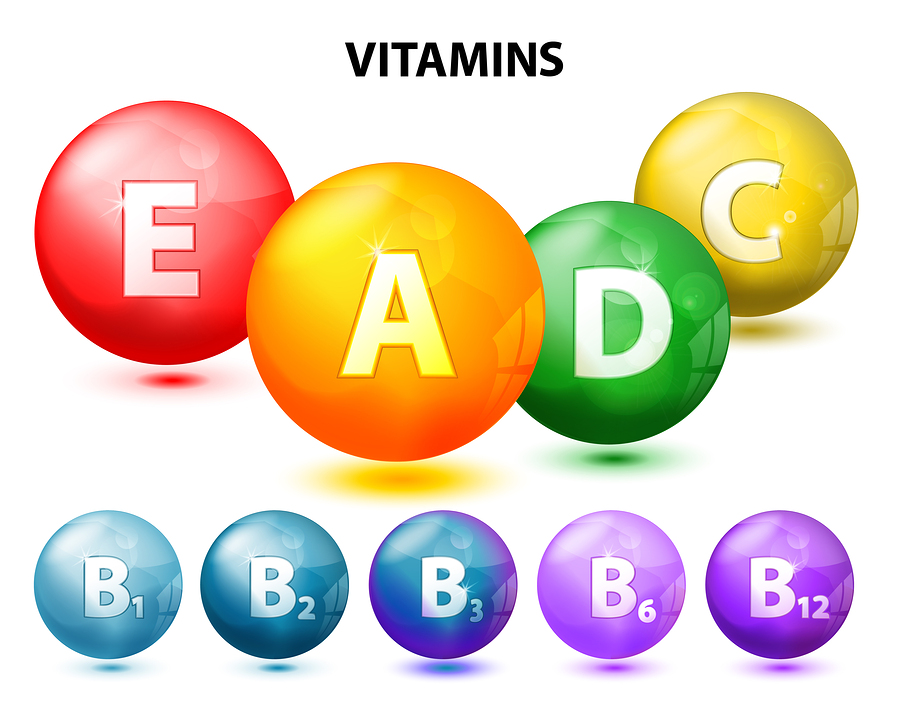- Make It Yourself Lavender Heart-Shaped Bath Bombs!
- 20 Things You Never Knew About “Down There”
- 12 Best Foods For Those Suffering From Arthritis Pain
- 12 Personal Hygiene Mistakes Almost Everyone Makes (Mom Never Told You About #4!)
- 15 Medicinal Plants And Herbs From The Cherokee People
- 12 Mind-Blowing Benefits Of Drinking Coconut Water During Pregnancy
- 12 Outstanding Winter Foods That Won’t Fatten You Up Like A Christmas Turkey
Vitamin Deficiency And Mental Illness: Is There A Link?

Photo credit: bigstock.com
Mental illness, including diseases found in both the young and the old, may be strongly tied to deficits in certain vitamins. One scientific study recently showed that illnesses such as schizophrenia and even autism and dementia may have ties to low vitamin levels in the brain. This statistic seems to be true for both those who are older and those with developing brains. The vitamin in question, and the one that seems to have the biggest impact on the brain’s function, is B12.
The reason B12 seems to have such an impact is how it influences the blood levels in the brain itself. In fact, B12 levels in the blood also seem to mirror the levels found in the human brain, but that finding is also very inconsistent, causing researchers some grief. For example, as we get older, the B12 levels in our brains will become lower and lower while those in the blood will remain the same. This begs the question: Why isn’t this vitamin transferring efficiently to the brain as we get older, and does the brain suffer from being deprived from normal levels of B12?
B12 And Our Brain Function
The fact that B12 doesn’t seem to echo the same results in the brain as it does in the blood has some implications for diseases seen as we get older. Common diseases including Alzheimer’s have even been linked to the lack of B12 in the brain during aging.
The most recent school of thought surrounding B12 and how it is used by the brain involved the regulation of B12 and its uptake into the brain itself from our bloodstream. The theory is that the body actually controls how much B12 the brain receives and when, but sometimes this regulation can get out of synch.
The question of how B12 is used by the brain has to do with the properties of B12 itself. For one, B12 is largely tied into how blood reaches the brain and that blood is essential for your brain to keep working as it should.
Continue to Page 2
































